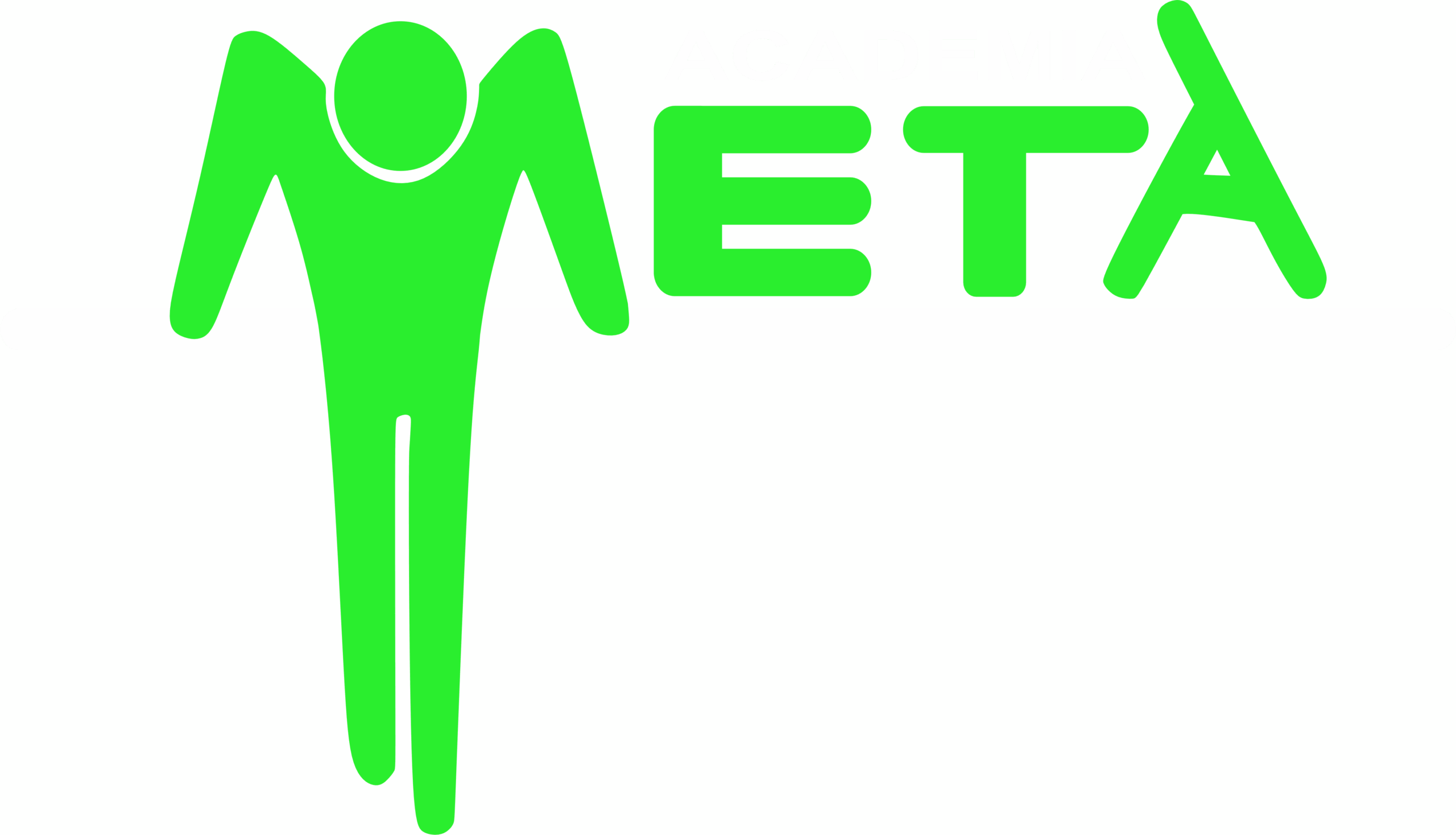Throughout human history, the concept of fate has played a central role in shaping how societies understand destiny, divine influence, and personal agency. From ancient mythologies to modern entertainment, the idea that external forces or divine plans govern human lives continues to influence perceptions and decisions. This article explores the deep-rooted significance of fate, illustrating its evolution from mythological representations to contemporary interpretations, with practical insights into how these perceptions impact our choices today.
Contents
- Understanding Fate and Choice
- The Concept of Fate in Ancient Cultures
- Fate in Greek Mythology and Society
- Philosophical Perspectives in Antiquity
- Modern Understandings of Fate and Choice
- Cultural Expressions Today
- Modern Illustration: «Gates of Olympus 1000»
- Psychological and Societal Dimensions
- Conclusion: Evolving Narratives
Understanding Fate and Choice
a. Defining fate in historical and philosophical contexts
Fate, historically, refers to a predetermined course of events believed to be governed by divine or cosmic forces. Philosophically, it often intersects with concepts of determinism—the idea that every event or decision is caused by preceding factors—and free will, which posits individuals can influence their destinies. Ancient civilizations such as Greece and Norse societies saw fate as a binding force, often personified by deities or supernatural entities.
b. The importance of choice in human life and myth
While fate suggests inevitability, human mythology frequently emphasizes choices—heroes choosing their paths, kings making decisions—that interact with or challenge divine plans. For example, mythological stories often highlight how characters like Oedipus or Thor confront destiny, illustrating the tension between external control and personal agency.
c. Setting the stage: How ancient beliefs influence modern perceptions
Ancient ideas about fate still resonate today, influencing everything from religious beliefs to popular culture. Understanding these roots helps clarify contemporary attitudes toward luck, predetermination, and personal responsibility, especially as modern narratives often mirror ancient themes of divine influence and human choice.
The Concept of Fate in Ancient Cultures
a. Mythological representations of fate (e.g., Greek Moirai, Norse Norns)
In Greek mythology, the Moirai—also known as the Fates—were three goddesses who spun, measured, and cut the thread of life, symbolizing the inescapable nature of destiny. Similarly, Norse mythology features the Norns, mystical beings who shape the fate of gods and mortals alike, weaving the tapestry of life on Yggdrasil, the world tree. These mythological figures exemplify how ancient cultures personified fate as divine entities with ultimate authority.
b. Artistic depictions: Sculptures and myths illustrating divine control
Ancient art vividly captures the concept of divine control over human destiny. Greek sculptures of the Moirai often show them as stern, robed women wielding scissors and thread, emphasizing the finality of fate. Norse carvings depict the Norns at Yggdrasil, reinforcing the idea of life as a woven fabric beyond mortal comprehension. These visual representations served to remind societies of divine sovereignty over mortal lives.
c. Prizes and symbols of divine favor: Crowns, laurel wreaths as tokens of fate’s favor
In ancient Greece, victorious athletes and poets received laurel wreaths, symbols of divine favor and success bestowed by gods like Apollo. Such prizes embodied the idea that external symbols reflected the favor or fate granted by divine forces. These tokens linked mortal achievement with divine approval, reinforcing the notion that fate could be expressed through tangible rewards.
The Role of Fate in Ancient Greek Mythology and Society
a. The gods’ influence on mortal destinies (e.g., Zeus, the gods in Olympus)
Greek gods, especially Zeus, were believed to hold sway over human fate. Zeus’s decrees, often hidden from mortals, dictated events, yet humans could interpret divine signs and prophecies to navigate their lives. The gods’ influence extended to mortal decisions, making divine will an integral aspect of societal and personal life.
b. Clouds and divine concealment: How gods’ hidden will shaped human choices
Greek mythology often depicts gods as mysterious and concealed behind clouds, symbolizing their unknown intentions. This divine concealment compelled mortals to interpret omens and prophecies, leading to a complex interplay between human agency and divine will. The hidden nature of divine plans reinforced the idea that fate was often beyond direct human knowledge.
c. Examples of mythological stories emphasizing fate’s power
Stories like that of Oedipus, who unknowingly fulfills a prophecy of patricide, exemplify how fate can be unavoidable despite human attempts to escape it. Similarly, the myth of Achilles demonstrates how personal choices interact with preordained destinies, highlighting the complex relationship between fate and free will in ancient narratives.
Philosophical Perspectives on Fate and Free Will in Antiquity
a. Determinism versus agency: Ancient debates
Philosophers like Stoics argued for determinism—the idea that all events are predestined, and humans should accept their fate with serenity. Conversely, others like the Sophists emphasized individual agency, questioning whether humans could truly influence their destinies. These debates continue to influence philosophical discussions about free will today.
b. The role of prophecy and oracles in shaping decisions
Ancient societies relied heavily on oracles like Delphi, whose prophecies guided kings and commoners alike. These predictions often reinforced the belief that divine or cosmic forces predetermined outcomes, yet individuals often interpreted and acted upon them, illustrating the complex dynamic between fate and human choice.
c. The symbolism of divine invisibility and human ignorance of fate
Divine invisibility, seen in gods hiding behind clouds or veils, symbolizes the human ignorance of the true workings of fate. This mystique encourages humans to seek signs and interpret divine will, often shaping their actions based on incomplete knowledge—highlighting the ongoing tension between perceived fate and personal autonomy.
Transition to Modern Understandings of Fate and Choice
a. How contemporary philosophy and psychology view fate and free will
Modern philosophy often debates determinism, with many psychologists emphasizing subconscious influences on decision-making. Cognitive science suggests that many choices are shaped by unconscious biases and external stimuli, blurring the line between free will and external control, echoing ancient notions of unseen forces guiding us.
b. The influence of ancient ideas on modern decision-making models
Models like behavioral economics and decision theory incorporate concepts of external influences, luck, and heuristics—mirroring ancient beliefs about divine or external forces shaping outcomes. Recognizing these influences helps individuals better understand their decision processes and limitations.
c. The continuing allure of divine or external influences in personal choices
Despite scientific advances, many people still attribute successes or failures to luck, fate, or external forces. This psychological tendency reflects deep-seated cultural narratives rooted in ancient beliefs about divine control, which continue to influence how individuals perceive their agency.
Modern Cultural Expressions of Fate and Choice
a. Video games and entertainment: «Gates of Olympus 1000» as a modern illustration
Contemporary media, such as video games, often reflect age-old themes of fate and luck. For instance, in «Gates of Olympus 1000», game mechanics involve chance, rewards, and external symbols of divine influence—mirroring mythological notions of divine control and luck. Such games engage players in decisions influenced by perceived external forces, echoing ancient beliefs in divine or cosmic orchestration.
b. Themes of luck, destiny, and choice in contemporary media
Films, literature, and digital content frequently explore characters’ struggles with fate and free will, emphasizing themes like luck, chance, and external influence. These narratives reinforce the idea that external forces shape outcomes, a concept rooted in ancient mythologies and still relevant today.
c. The impact of digital mythmaking on perceptions of fate
Digital platforms create new mythologies, where symbols like crowns, laurels, and divine rewards symbolize achievement and external validation. This modern mythmaking continues to shape societal norms and individual aspirations, blending ancient symbolism with contemporary digital culture.
«Gates of Olympus 1000»: An Example of Modern Fate and Choice
a. Game design elements reflecting ancient ideas of divine influence and luck
The game «Gates of Olympus 1000» employs mechanics like random spins, prizes, and divine symbols, which evoke the mythological themes of luck and divine intervention. The presence of symbols such as lightning bolts and gods’ images suggests external forces controlling outcomes, reminiscent of ancient divine influences.
b. How game mechanics mimic mythological notions of fate (e.g., chance, rewards, prizes)
Mechanics like random number generators and reward systems mirror mythological concepts where divine favor is granted unpredictably, emphasizing luck’s role in success. Prizes and jackpots serve as tangible symbols of divine or external favor, reinforcing the perception of external control.
c. Player agency versus perceived divine control in gaming experiences
While players exercise strategic choices, the element of chance introduces a perceived external influence—similar to divine concealment in myth. This dynamic fosters a sense of unpredictability, echoing ancient narratives where fate and luck intertwine.
For those interested in how these themes manifest today, exploring modern games like wins flash bottom-right offers insight into the enduring power of mythological principles in entertainment.
Non-Obvious Dimensions: Psychological and Societal Implications
a. The subconscious belief in fate affecting decision-making
Research indicates that subconscious beliefs about fate and external control significantly influence decision-making. People often attribute outcomes to luck or divine intervention, which can diminish their sense of personal responsibility and autonomy.
b. Cultural reinforcement of divine or external control in societal norms
Cultural symbols like crowns, laurels, and medals serve as societal markers of success, often linked to external validation or divine favor. These symbols perpetuate the belief that external forces, such as luck or divine will, play a role in personal achievement.
c. The role of symbols like crowns and laurels in modern achievement and recognition
Modern awards and honors continue to function as symbols of external validation, echoing ancient practices. Recognition in career, sports, or arts often involves physical symbols—trophies, medals—that symbolize a form of external fate or divine favor influencing success.
Conclusion: The Evolving Narrative of Fate and Choice
a. Summarizing the continuum from ancient myth to modern entertainment
From the mythological figures shaping destinies to modern digital games,


